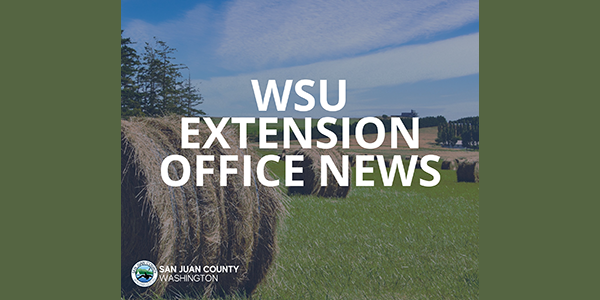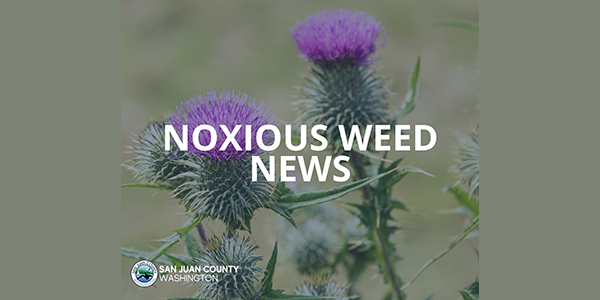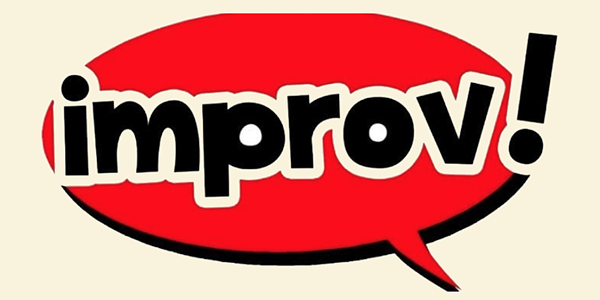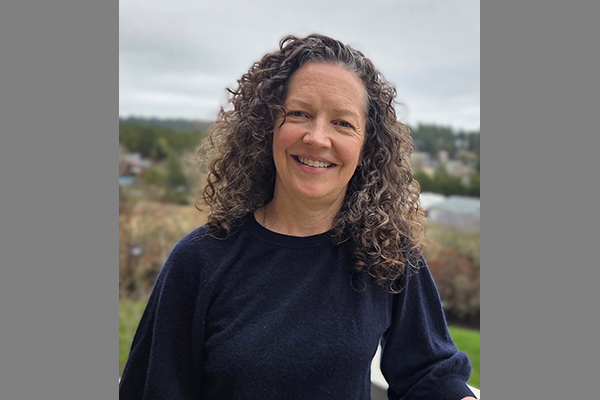||| FROM SAN JUAN COUNTY COMMUNICATIONS |||
Measles cases continue to increase throughout the United States. But there is a way to protect yourself, your family, and your community. The measles, mumps, and rubella (MMR) vaccine is the strongest protection against measles. It has a long history of providing safe protection against the worst symptoms of the virus that can lead to hospitalization, brain swelling, pneumonia, and death.
Measles symptoms include a high fever, runny nose, cough, and a rash all over the body. If you or your child have been exposed, or if you develop these symptoms, call your healthcare provider immediately. Measles is highly contagious, so if you think you may be infected the healthcare clinic will want to take extra precautions before you arrive.
How the MMR Vaccine Works
The MMR vaccine is very safe and effective at preventing measles, mumps, and rubella. One dose of MMR vaccine is 93% effective against measles and two doses of MMR vaccine are 97% effective against measles. Vaccines, like any medication, can have side effects. These are usually mild and go away on their own.
The MMR vaccine is a weakened (attenuated) live virus. When you receive it, the viruses cause a harmless infection with few or no symptoms. Then, your body eliminates the viruses. Immunity to the viruses comes when your immune system fights the infection that the weakened viruses cause.
Some vaccinated people may still get measles, mumps, or rubella if they are exposed to the viruses. It could be that their immune system didn’t respond as well as they should have to the vaccine, their immune system’s ability to fight the infection decreased over time, or they have prolonged, close contact with someone who has a virus. However, disease symptoms are generally milder in vaccinated people. They are also less likely to spread the disease to other people.
If you have questions about the MMR vaccine or any other vaccines, we are happy to answer any questions you may have. Call us at 360-378-4474 to speak with one of our public health nurses.
Who Can Get the MMR Vaccine
Children get the MMR vaccine at one year old and four years old. If someone didn’t get the MMR vaccine as a child, they can still get it when they are older. If you are up to date with vaccines, you are very well protected! Vaccines aren’t perfect, but the measles vaccine has a long history of keeping people safe.
If you were born after 1957 and vaccinated before 1968, another dose of the MMR vaccine is a good idea. The older version of the vaccine you likely received doesn’t work as well as the version that is used today. Contact your medical provider or pharmacy to make an appointment.
Most people born before 1957 are likely to have been infected naturally and therefore are presumed to be protected against measles, mumps, and rubella.
Why Get the MMR Vaccine Now
The ongoing outbreaks throughout the country are a good reminder to us all: it is never too late to vaccinate. A high vaccination rate in a community is the best way to prevent a large outbreak (think 95+ out of every 100 people vaccinated against measles). Not everyone can get vaccinated with the MMR vaccine, like people with some pre-existing health complications and most infants.
Vaccines are available to all kids through age 18 in Washington, regardless of their insurance or ability to pay. Call your child’s primary medical provider or visit our HCS website to sign up for an upcoming clinic! Online registration is available for our clinics. If you are unable to schedule online, call our main office to schedule an appointment at 360-378-4474. Parents and guardians can check their child’s immunization status or print their Certificate of Immunization Status at https://myirmobile.com/, or by contacting their medical provider.
San Juan County HCS is not able to provide the MMR vaccine to adults. Adults needing the MMR vaccine should contact their medical provider or pharmacy to make an appointment.
Relevant URLs:
- SJC Clinics
- Get your immunization records (MyIR)
- Measles Vaccination – CDC
- MMR Vaccine – Cleveland Clinic
- DOH Measles
- About Measles | Measles (Rubeola) | CDC
About San Juan County’s Department of Health & Community Services
San Juan County’s Department of Health & Community Services is responsible for community and environmental health, mental health and substance abuse programs, senior services, affordable housing projects, and more. The department has staff and offices on Lopez, Orcas, and San Juan Islands. For more information about San Juan County’s Department of Health & Community Services, visit www.sanjuancountywa.gov/1777/
**If you are reading theOrcasonian for free, thank your fellow islanders. If you would like to support theOrcasonian CLICK HERE to set your modestly-priced, voluntary subscription. Otherwise, no worries; we’re happy to share with you.**








